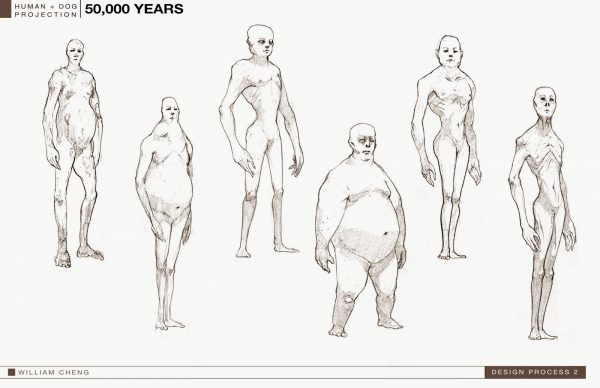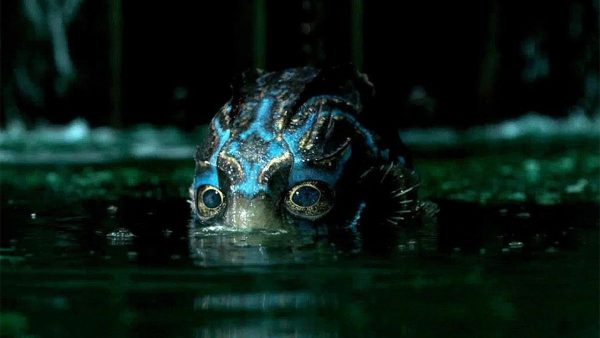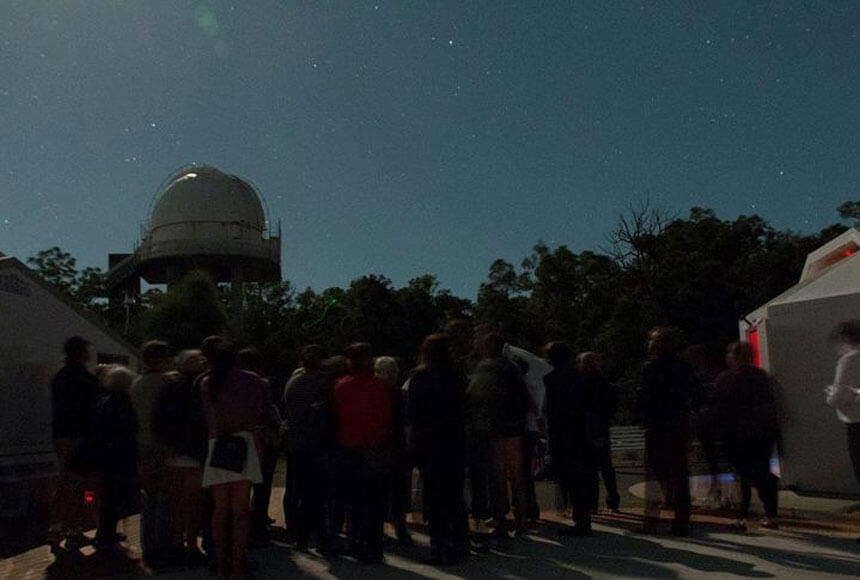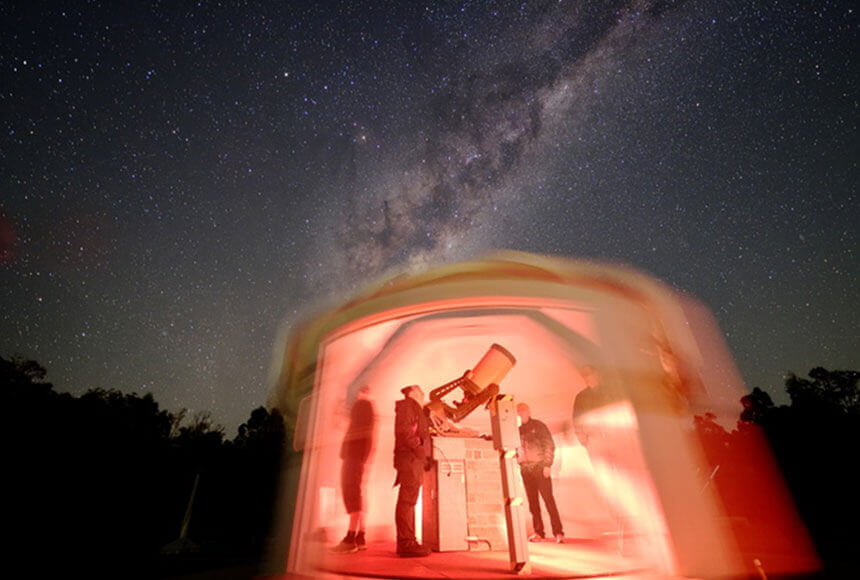
Scientists keep discovering more and more planets in the habitable zones of their stars. Many of these planets are “Earth-Like” in their composition, but not in their size. This raises an interesting question, what would humans look like if the Earth were larger or smaller than it is?
First, let’s increase the size of the Earth by a few orders of magnitude. This seems (from casual observation at least) to be the most common manifestation of other habitable planets, although it is also possible that we found the larger planets first simply because they are larger. A larger planet would result in stronger gravity due to the increase in mass which in turn would have a significant effect on the creatures that evolve there. If humans had evolved on such a planet we would likely be a good deal shorter and thicker than we are now. Shorter bones with greater girth would enable us to withstand and counter the extra gravitational pressure. We would also require bigger stronger muscles to move that enlarger frame around. So in essence, a bit like Peter Dinklage on steroids.
It stands to reason then that if the earth was smaller, say the size of the moon, that the opposite would hold true. People evolving on a mini-Earth would be able to grow longer more slender bones without impediment. If there was an evolutionary advantage to be had, such as greater speed from longer limbs, then you can be sure we would exploit it. Until we all look like the slender man.
But both of the above only looks at gravitational changes, there are many other changes that could have resulted in humans looking completely different than we do today. An atmosphere more like Venus (if that is even survivable) would have resulted in our eyes being far less developed or even gone completely due to the lack of light rendering them worthless anyway. Or a more persistent ice age could have encouraged us to keep our body hair instead of shedding the majority of it as we have. A thick enough atmosphere could even have made breathing as we do impractical and we could have evolved a completely different method of oxygenating our blood, absorbing it directly through our skin perhaps, or even some form of gills. The possible variations are literally endless.
Things get even more interesting than that when you consider what alien species might look like. Convergent evolution shows us that similar features evolve completely independently in separate species when they are exploiting a similar environmental niche. A good example of this is Kangaroos and Deer. Both of these animals are grassland grazers with similarly shaped heads, with similarly sized bodies that behave in a similar way. So it is certainly possible that any aliens we do find could remind us of those animals (or plants) we already know so well. However, another thing the Kangaroo and Deer example gives us is an example of just how different the solution to these evolutionary problems can be. Despite the similarities I pointed out before, no one would mistake a Kangaroo for a Deer or vice-versa, so even if alien species are solving the same evolutionary problems as species on earth, their solutions could be vastly different.

Lastly, we cannot even be sure that the evolutionary method will work in the same manner in other worlds. On earth, genes are passed from one generation to the next with slight variations occurring which allows evolution to flow. We know of no other way for life to develop and evolve but our sample size is effectively one. A swath of other potential differences could have untold and almost unimaginable effects. Any changes to the makeup of cells, the methods of reproduction or even the elements that form the DNA (or equivalent) could result in lifeforms so radically different to those here on earth that we may not even recognise that it is a lifeform.
One thing seems (almost) certain though, in such a massive and varied universe, there must be other life out there somewhere. I am excited to find it!





